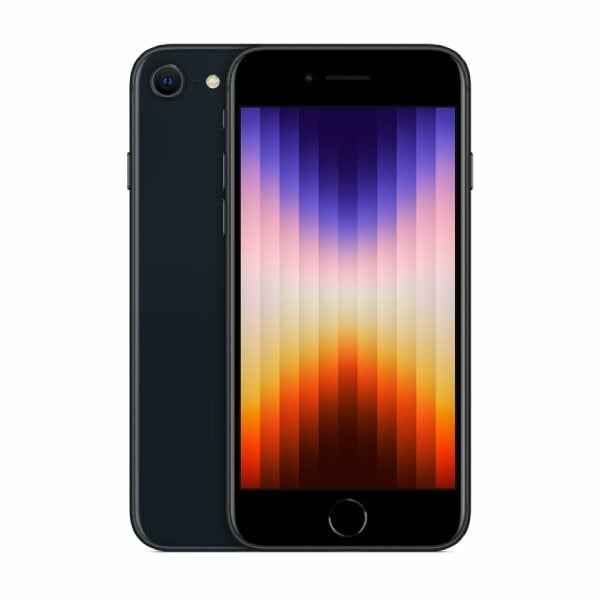The existing iPhone SE (2022) from Apple continues to employ its earlier Touch ID solution for secure biometric authentication.
Customers who recently purchased an iPhone SE (2022) from Apple are still utilizing the older Touch ID solution for secure biometric authentication. However, this model may mark the end of an era, as it is likely the last to incorporate the secure biometric authentication technology introduced with the iPhone 5s in 2013. Touch ID, initially integrated into the home button, was known for its accuracy but faced durability issues due to its mechanical nature until Apple replaced it with a static home button in the iPhone 7. The advent of Face ID with the iPhone X further diminished the relevance of Touch ID, eliminating the need for a home button with the introduction of a gesture-based software interface.
Recent reports, initially from MacRumors, suggest that Apple has ceased production of the original equipment used to manufacture chips for iPhone Touch ID modules. The information, shared by an “integrated security expert” on Weibo, indicates that only a limited number of machines are being maintained to supply modules for the current iPhone SE (2022) models, still featuring the static home button with integrated Touch ID. This suggests that Apple may not have immediate plans to revive the technology for future iPhone models.
The iPhone SE, last updated in 2022, is anticipated to receive a refresh, possibly as the iPhone SE 4, with rumors suggesting a redesigned appearance similar to the iPhone 14. The new design would depart from the rounded and slim profiles of past iPhone models, completely eliminating the old home button from Apple’s iPhone lineup. While retaining a single rear camera module, the iPhone SE 4 is expected to feature a high-resolution unit with potential hybrid digital zooming capabilities. There are also speculations about the addition of Apple’s recently introduced Action Button to the new iPhone SE.
Despite the evolution in iPhone authentication, Touch ID continues to be standard on Apple’s Macs and MacBooks, as the integration of Face ID on laptops is yet to be seen. Face ID is currently exclusive to Apple’s iPad Pro tablet models from 2018 onwards, with iPhones being the primary devices to adopt this authentication system.

